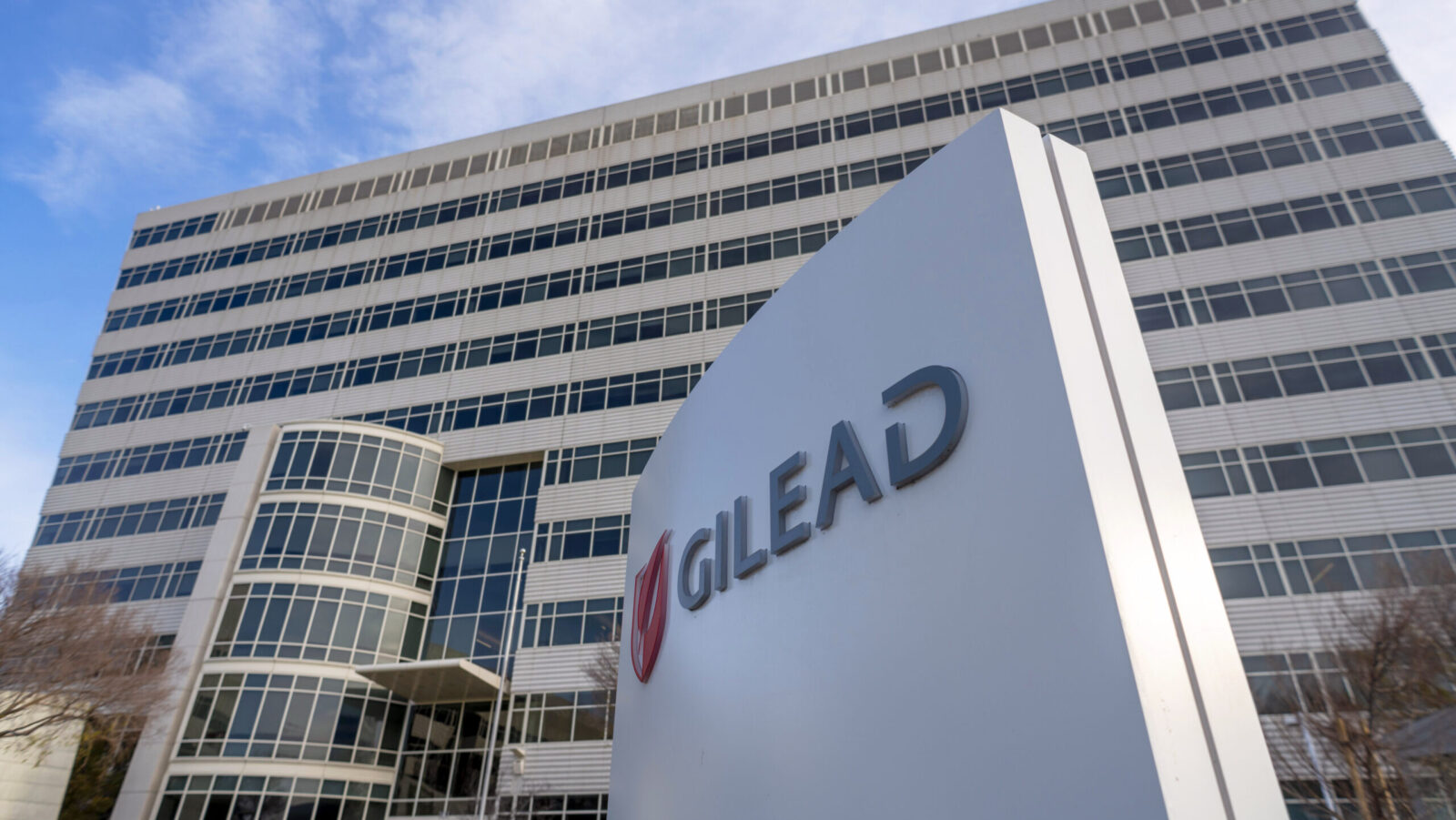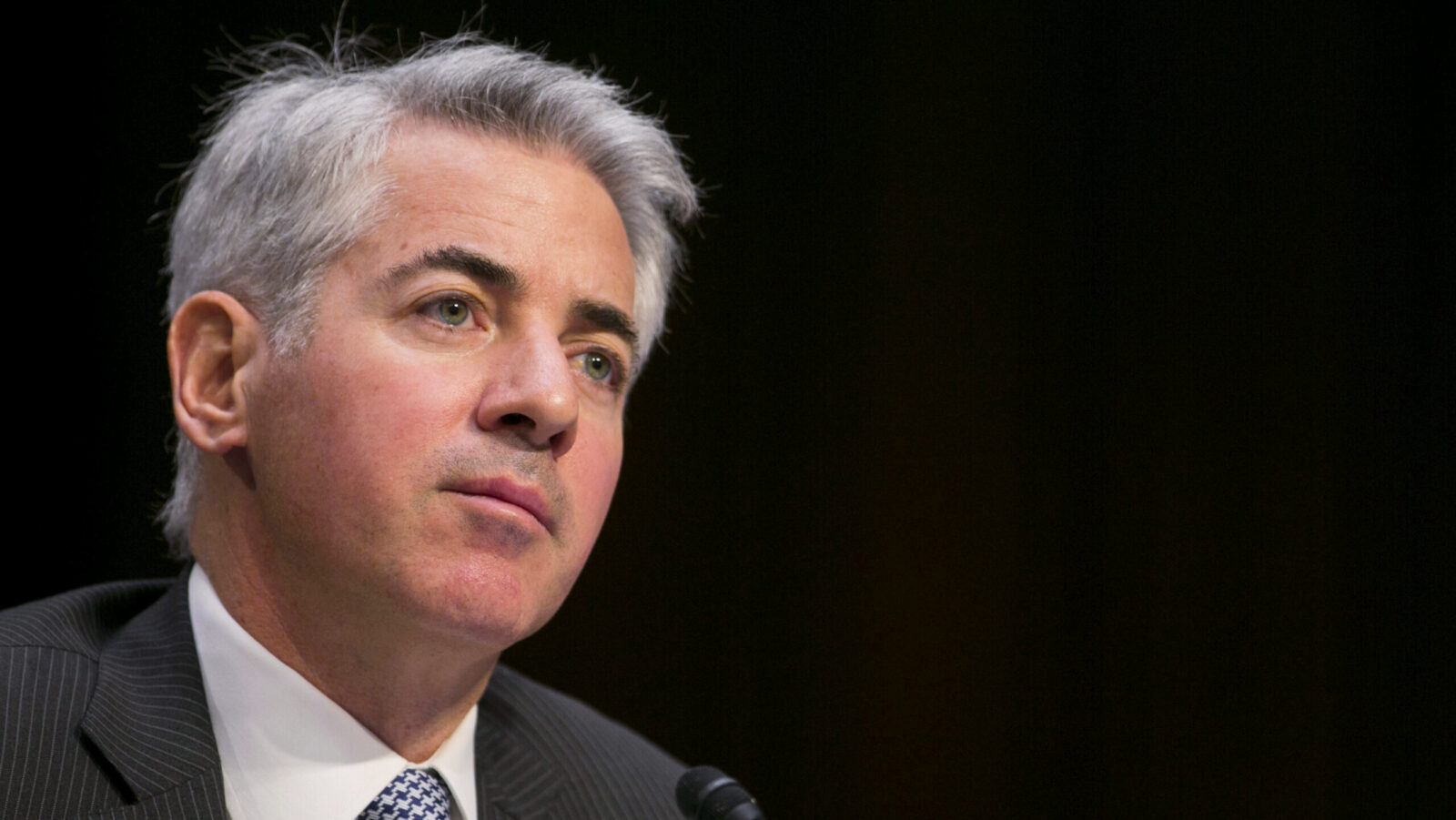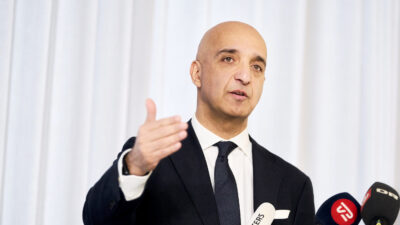Omada Health Preps to Go Public as IPO Market Revives
While virtual care boomed during the pandemic, the sector more recently had an up-and-down couple of years as the world returned to normalcy.

Sign up for smart news, insights, and analysis on the biggest financial stories of the day.
There’s an IPO joke to be made here, but unfortunately for you, only institutional investors will get it.
On Thursday, virtual healthcare provider Omada Health became the latest company to press ahead with an initial public offering amid economic uncertainty that’s given cold feet to some other companies expected to do likewise. The IPO is expected to take place next week following Omada’s announcement that its roadshow is underway.
Back in Business
This year began with bankers and venture capitalists feeling bullish about a revitalized IPO market as they anticipated business-friendly policies from the Trump administration. And, in the first quarter, the needle moved in that direction: According to Ernst and Young, the period saw 15 listings raise more than $7.9 billion, 20% higher than the first quarter of 2024 and the strongest start to a year since 2021. But following the selloff prompted by Trump’s “Liberation Day” tariff announcement in April, EY noted in April that IPO market activity had come “to a complete halt.” Of note, buy-now-pay-later giant Klarna and ticket marketplace StubHub postponed their highly anticipated listings.
Mercifully, subsequent weeks have seen the IPO market shake off some rust. Stock-trading app eToro debuted earlier this month, pricing its IPO above the expected range, and its shares have since risen 19%. Meanwhile, fintech Chime and stablecoin issuer Circle filed paperwork to go public. Adding to the recent run of optimism is Nvidia-backed AI firm CoreWeave, which began trading in March. The company reported its first results on May 14, with 400% year-over-year revenue growth besting expectations. Its shares are up 170% since its listing. Which sets the stage for Omada:
- The San Francisco-based firm specializes in virtual care for chronic conditions including diabetes and hypertension, which it offers through programs with employers, pharmacy benefit managers, health systems and health plans. Omada plans to raise up to $158 million at a $1.1 billion valuation.
- While virtual care boomed during the pandemic, the sector more recently had an up-and-down couple of years as the world returned to normalcy. Omada, on the other hand, managed to improve its performance in that time: According to a Securities and Exchange Commission filing, its revenue increased to $169.8 million last year, up from $122.8 million in 2023 while its net losses shrank to $47.1 million from $67.5 million.
Hinging on Health. There’s one very important recent IPO we haven’t mentioned yet: Omada competitor Hinge Health, which debuted on the New York Stock Exchange last week. In a promising omen for Omada, Hinge raised $273 million at a $2.6 billion valuation after selling shares at the top end of its expected range, suggesting investors have an appetite for health-tech now that the segment’s post-pandemic prospects have stabilized.











